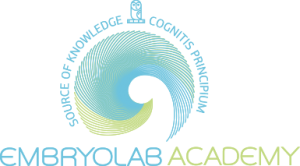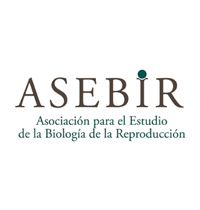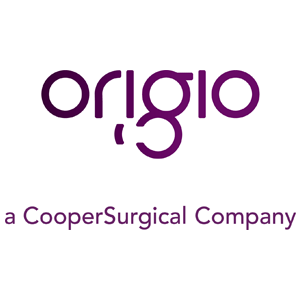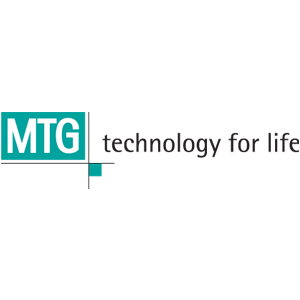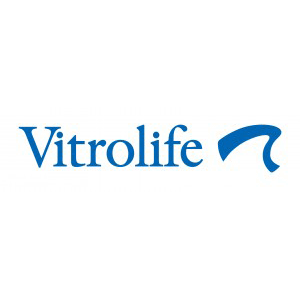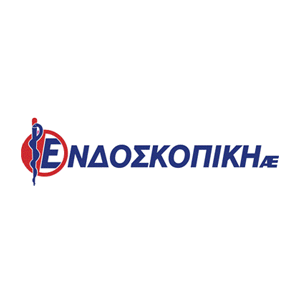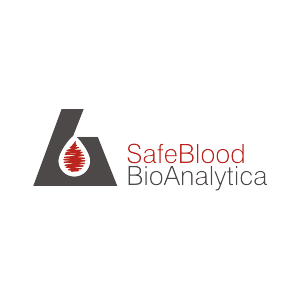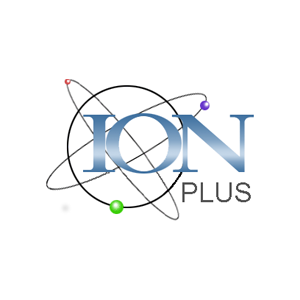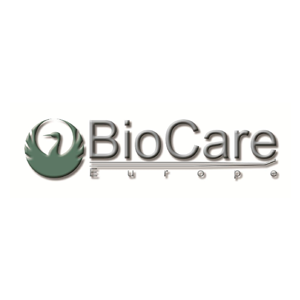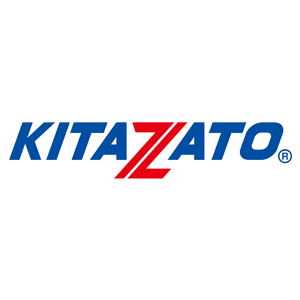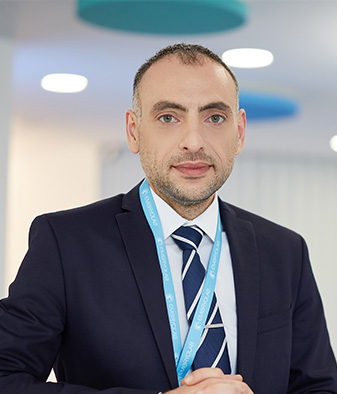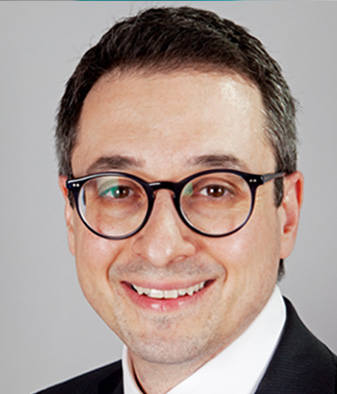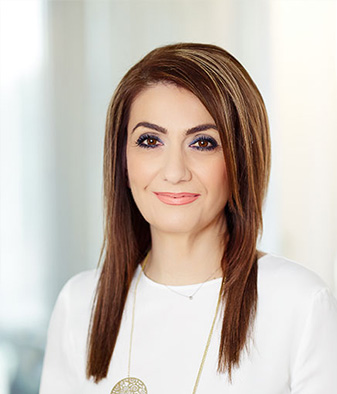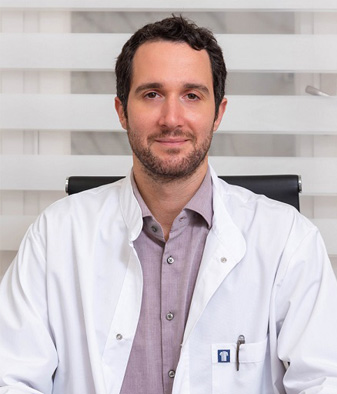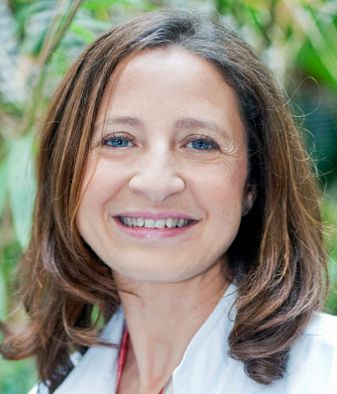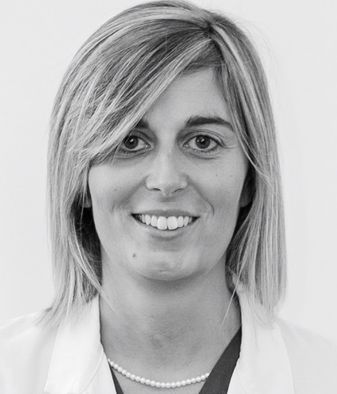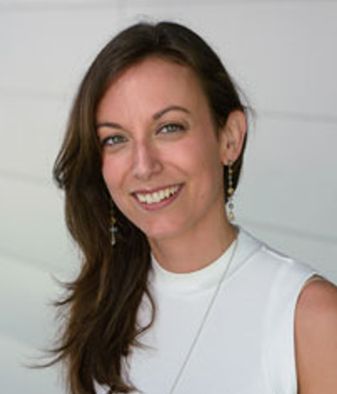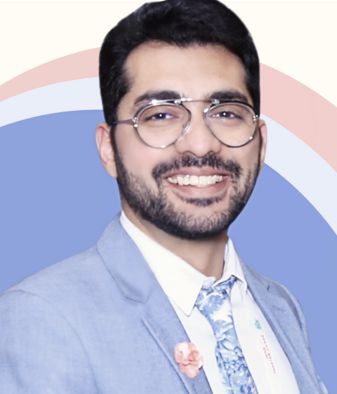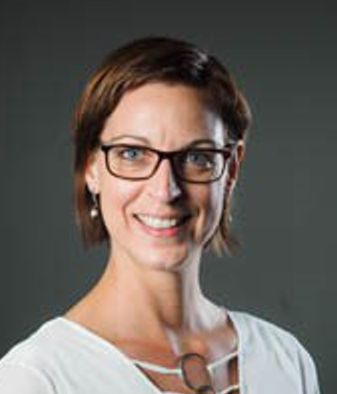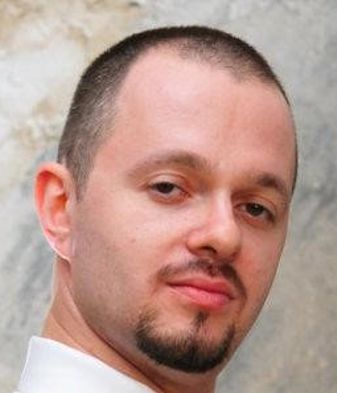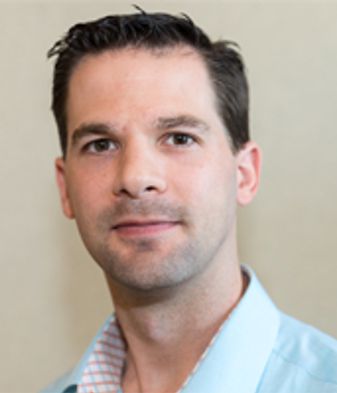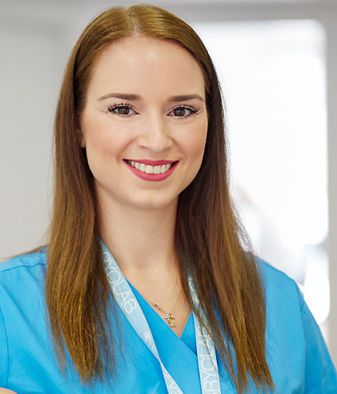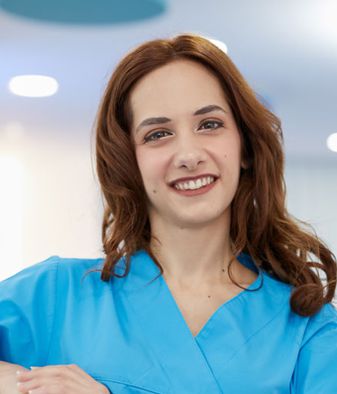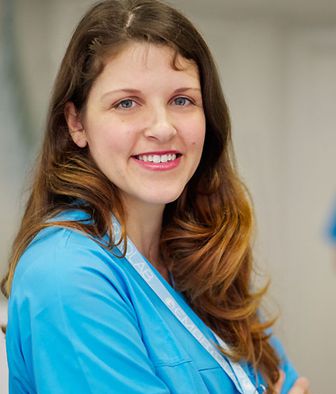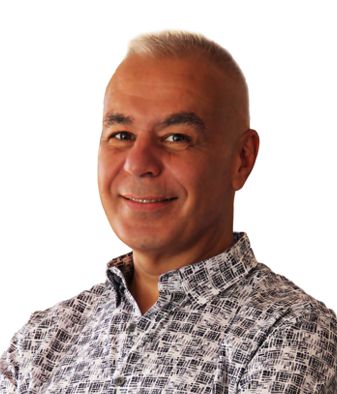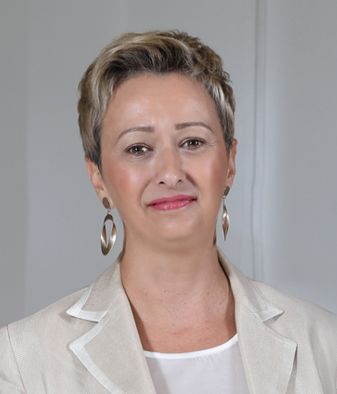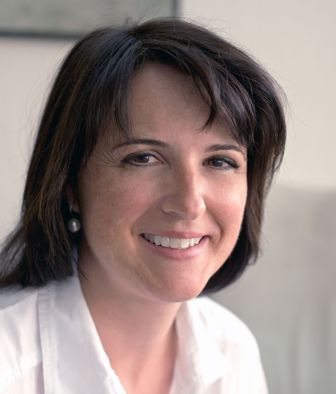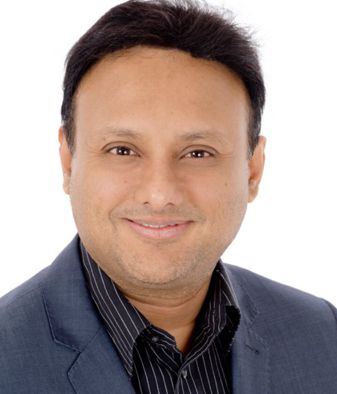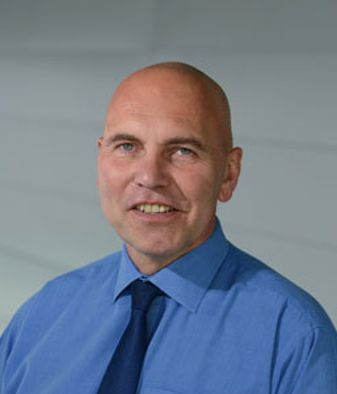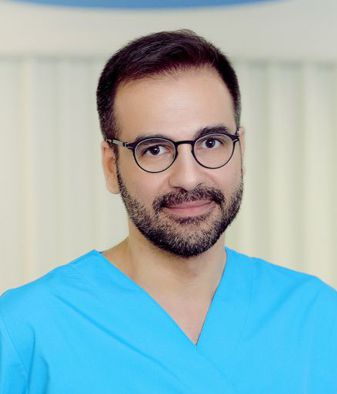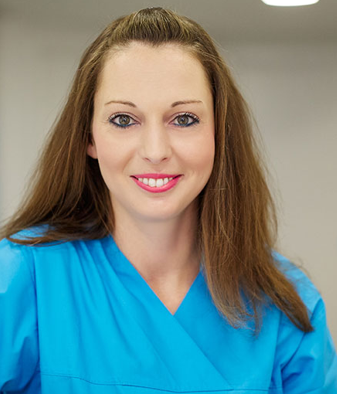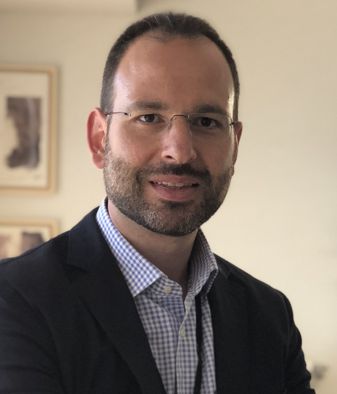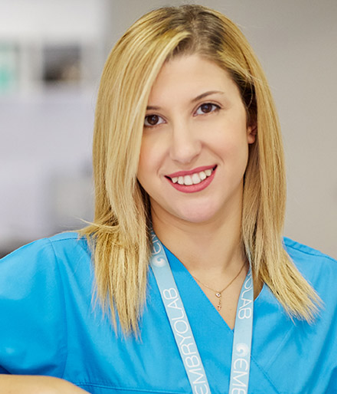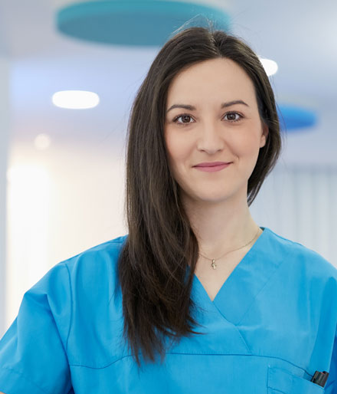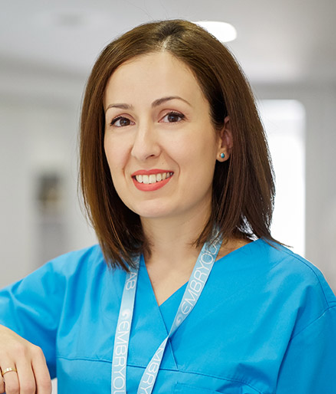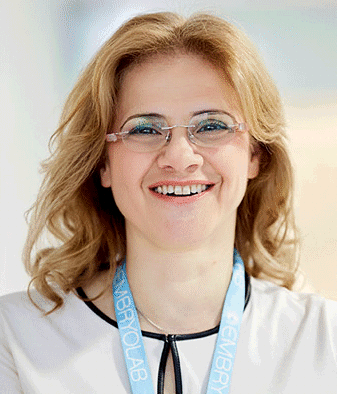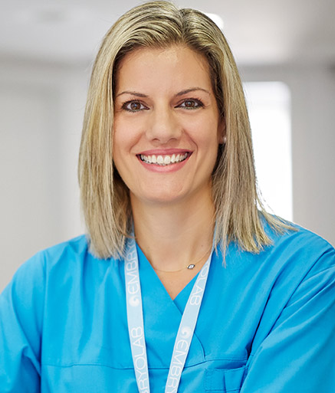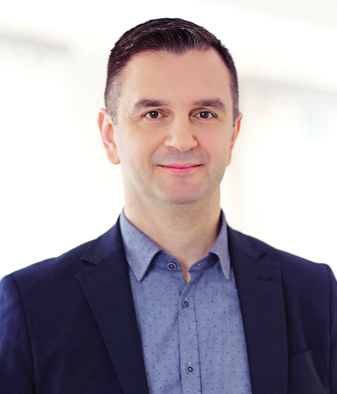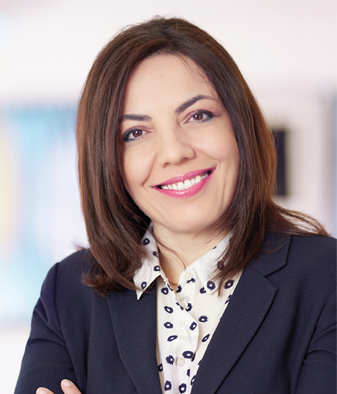Hands-on workshops in specialised ART laboratory techniques
31st August – 5th September 2014, Embryolab Academy, Thessaloniki, Greece
Welcome
Dear embryologist, dear scientist, dear Dr, dear colleague
Embryolab Academy is pleased to announce five exciting Hands-on Workshops with focus on Hands-on training. Specialised techniques presented in the different workshops are FISH on human sperm, Vitrification of oocytes, embryos and blastocysts, Biopsy of cellular material from oocytes, embryos and blastocysts (including preparation of cell for genetic analysis) and ICSI. Theoretical morning lectures will give an overview of recent advances in each technique as well as Quality Management and Troubleshooting issues. Afternoon sessions are entirely devoted to Hands-on training under the guidance of expert teachers.
Hope to meet you in Thessaloniki!
Workshop Directors
Martine Nijs | Alexia Chatziparasidou | Nikos Christoforidis
Aims and goals of the Hands-on Workshops
Hands-on Workshop 1
Fluorescent in Situ Hybridisation – FISH – on Human Sperm
Date: 31.08.2014
Venue: Embryolab Academy, 173-175 Ethnikis Antistaseos, 551 34 Kalamaria, Thessaloniki, Greece
Maximum number of participants: 5
Price : € 500
Aims and goals of the course:
Understand importance of diagnosis of aneuploidy in male patients. Explore current sperm aneuploidy assessment techniques. Quality control and efficient reporting of outcomes. Have Hands-on training in FISH on sperm.
Certificate of attendance awarded to participants completing the workshop
Expert teachers:
- Glykeria Samolada, MSc, BacSc, Molecular Cytogeneticist, Associate Geneticist Embryolab, Thessaloniki, Greece
- Alexia Chatziparasidou, MClin Embryology, MSc, BacSc, Sr Clinical Embryologist, Laboratory Director, Embryolab, Thessaloniki, Greece
| Program | |
|---|---|
| 8:30 – 8:45 | Pick- up from hotel – transportation to Embryolab Academy |
| 9:00 – 9:15 | Welcome, by the Director of Embryolab Academy, Martine Nijs |
| 9:15 – 10:00 | Aneuploidy in male infertile patients: indications and results |
| 10:00 – 10:45 | FISH on human sperm: technical aspects |
| 10:45 – 11:00 | Coffee break |
| 11:00 – 12:30 | FISH technique: Standard Operating procedure, materials and methods, reporting, quality control for FISH |
| 12:30 | Lunch |
| 13:15 – 17:30 |
Hands-on including
|
| 17:30 – 17:45 | Summary of workshop |
| 17:45 – 18:00 | Awarding of certificates – Farewell |
| 18:00 | Return to hotel |
Hands-on Workshop 2
Quality and Risk Management in IVF Laboratories
Date: 01.09.2014
Venue: Embryolab Academy, 173-175 Ethnikis Antistaseos, 551 34 Kalamaria, Thessaloniki, Greece
Maximum number of participants: 10
Price : € 400
Aims and goals of the course:
Improve knowledge and understanding of ISO 9001, ISO 15189 and all the recent advances in Quality and Risk Management for assisted reproduction technologies (ART) laboratories. Understand different methodologies/techniques to standardize, measure, validate, and control different parameters like temperature, pH, air quality etc. in ART laboratories. Perform Internal and external quality control in IVF, Andrology, PGD and Cryobiology laboratories. Be able to develop a Standard Operating Procedure, to design a process flow, to set up a validation process, to perform a risk analysis, to perform a route cause analysis.
Certificate of attendance awarded to participants completing the workshop
Expert teachers:
- Alexia Chatziparasidou, MClin Embryology, MSc, BacSc, Sr Clinical Embryologist, Laboratory Director, Embryolab, Thessaloniki, Greece
- Martine Nijs, PhD, MSc, BacSc, Sr Clinical Embryologist, Research and Development Consultant, Embryolab, Thessaloniki, Greece.
| Program | |
|---|---|
| 8:30 – 8:45 | Pick- up from hotel – transportation to Embryolab Academy |
| 9:00 – 9:15 | Welcome, by the Director of Embryolab Academy, Martine Nijs |
| 9:15 – 10:00 | What is quality and why does it matter? What is quality management? What is total quality management? |
| 10:00 – 10:30 | Understanding ISO 9001 and ISO 15189 in IVF |
| 10:30 – 11:00 | How to define your success rates in QM in IVF. |
| 11:00 – 11:15 | Coffee break |
| 11:15 – 11:45 | Internal and external quality control for IVF, Andrology, PGD and Cryobiology laboratories. |
| 11:45 – 12:15 | Quality Management and the importance of traecability in QM. |
| 12:15 – 12:45 | Measuring and validating parameters like temperatures, O2 and pH in specific equipment in my laboratories. |
| 12:45 – 13:30 | Lunch |
| 13:30 – 17:30 |
Hands-on including
|
| 17:30 – 17:45 | Summary of workshop |
| 17:45 – 18:00 | Awarding of certificates – Farewell |
| 18:00 | Return to hotel |
Hands-on Workshop 3
Vitrification of oocytes, cleavage stage embryos and blastocysts
Date: 02.09.2014
Venue: Embryolab Academy, 173-175 Ethnikis Antistaseos, 551 34 Kalamaria, Thessaloniki, Greece
Maximum number of participants: 10
Price : € 550
Aims and goals of the course:
Understanding fundamentals of cryobiology of gametes and embryos. Have an overview of current experiences and outcomes of vitrification of ART. Being able to set up a cryobiology program. Understand Quality Management. Have Hands-on training in vitrification of oocytes, cleavage stage embryos and blastocysts.
Certificate of attendance awarded to participants completing the workshop
Expert teachers:
- Alexia Chatziparasidou, MClin Embryology, MSc, BacSc, Sr Clinical Embryologist, Laboratory Director, Embryolab, Thessaloniki, Greece
- Martine Nijs, PhD, MSc, BacSc, Sr Clinical Embryologist, Research and Development Consultant, Embryolab, Thessaloniki, Greece.
| Program | |
|---|---|
| 8:30 – 8:45 | Pick- up from hotel – transportation to Embryolab Academy |
| 9:00 – 9:15 | Welcome, by the Director of Embryolab Academy, Martine Nijs |
| 9:15 – 09:45 | Basics of cryobiology in IVF |
| 09:45- 10:15 | Cryopreservation of gametes, embryos and blastocysts anno 2014 |
| 10:15 – 11:00 | Coffee break |
| 11:00 – 11:30 | Oocyte, embryo and blastocyst vitrification and warming : the techniques |
| 11:30 – 12:00 | Setting up and managing a cryobiology unit, choice of materials. |
| 12:00 – 12:30 | Quality management of a cryobiology program/Troubleshooting in a cryobiology program. |
| 12:30 | Lunch |
| 13:15 – 17:30 | Hands-on training in vitrification and warming of: Oocytes, cleavage stage embryos and blastocysts |
| 17:30 – 17:45 | Summary of workshop |
| 17:45 – 18:00 | Awarding of certificates – Farewell |
| 18:00 | Return to hotel |
Hands-on Workshop 4
Biopsy of polar bodies, blastomeres, trophectoderm cells
Preparation of material for genetic analysis – Tubing of cells (Advanced Course)
Date: 03.09.2014 – 04.09.2014
Venue: Embryolab Academy, 173-175 Ethnikis Antistaseos, 551 34 Kalamaria, Thessaloniki, Greece
Maximum number of participants: 8 (with proven track record in micromanipulation)
Price : € 950
Aims and goals of the course:
Understand principles of fundamentals of genetic diagnosis on gametes, cleavage stage embryos and blastocysts. Have an overview of current experiences and outcomes of PGD and PGS. Understand Quality Management in a PGD-PGS program. Have Hands-on training in biopsy of oocytes, cleavage stage embryos and blastocysts. Have Hands-on training in tubing of cellular material for genetic analysis.
Certificate of attendance awarded to participants completing the workshop
Expert teachers:
- Alexia Chatziparasidou, MClin Embryology, MSc, BacSc, Sr Clinical Embryologist, Laboratory Director, Embryolab, Thessaloniki, Greece
- Martine Nijs, PhD, MSc, BacSc, Sr Clinical Embryologist, Research and Development Consultant, Embryolab, Thessaloniki, Greece.
Track record in micromanipulation:
This workshop is an advanced Hands-on workshop. A short CV is required for the submission for this workshop. A short CV should include current profession, education, number of ICSI cases, as well as number of biopsy cases performed in the last five years.
| Program Day 1 | |
|---|---|
| 8:30 – 8:45 | Pick- up from hotel – transportation to Embryolab Academy |
| 9:00 – 9:15 | Welcome, by the Director of Embryolab Academy, Martine Nijs |
| 9:15 – 10:00 | Pre-implantation genetic diagnosis and analysis: anno 2014. |
| 10:00 – 10:30 | Polar body biopsies |
| 10:30 – 10:45 | Coffee break |
| 10:45 – 11:15 | Cleavage stage biopsy of blastomeres |
| 11:15 – 11:45 | Trophectoderm biopsy of blastocysts and tubing of cells |
| 11:45 – 12:30 | Biopsy and tubing of cells: Standard Operating Procedure, materials and methods |
| 12:30 | Lunch |
| 13:15 – 17:30 |
Hands-on including
|
| 18:00 | Return to hotel |
| Program Day 2 | |
|---|---|
| 8:30 – 8:45 | Pick- up from hotel – transportation to Embryolab Academy |
| 9:00 – 9:45 | Genetic tests on human oocytes, embryos and blastocysts |
| 9:45 – 10:00 | Cryopreservation, a useful tool in a PGD program |
| 10:00 – 10:45 | Quality management in a PGD program: validation, reporting, internal and external control |
| 10:45 – 11:00 | Coffee break |
| 11:00 – 12:00 | Reporting and Trouble shooting in PGD |
| 12:00 | Lunch |
| 12:45 – 17:30 |
Hands-on including
|
| 17:30 – 17:45 | Summary of workshop |
| 17:45 – 18:00 | Awarding of certificates – Farewell |
| 18:00 | Return to hotel |
Hands-on Workshop 5
Intra cytoplasmic sperm injection – ICSI
Date: 05.09.2014
Venue: Embryolab Academy, 173-175 Ethnikis Antistaseos, 551 34 Kalamaria, Thessaloniki, Greece
Maximum number of participants: 8
Price : € 550
Aims and goals of the course:
Have an overview of current indications and outcomes with ICSI Understand Quality management in an ICSI program. Have Hands-on training in all micromanipulation aspects of ICSI.
Certificate of attendance awarded to participants completing the workshop
Expert teachers:
- Alexia Chatziparasidou, MClin Embryology, MSc, BacSc, Sr Clinical Embryologist, Laboratory Director, Embryolab, Thessaloniki, Greece
- Martine Nijs, PhD, MSc, BacSc, Sr Clinical Embryologist, Research and Development Consultant, Embryolab, Thessaloniki, Greece.
| Program | |
|---|---|
| 8:30 – 8:45 | Pick- up from hotel – transportation to Embryolab Academy |
| 9:00 – 9:15 | Welcome, by the Director of Embryolab Academy, Martine Nijs |
| 9:15 – 10:00 | ICSI anno 2014: indications and results |
| 10:00 – 10:45 | Sperm preparation for ICSI: ejaculate, frozen sperm, testicular sperm |
| 10:45 – 11:00 | Coffee break |
| 11:00 – 11:45 | Selection of spermatozoa for ICSI |
| 11:45 – 12:30 | Quality management in an ICSI program Troubleshooting in an ICSI program |
| 12:30 | Lunch |
| 13:15 – 17:30 |
Hands-on including
|
| 17:30 – 17:45 | Summary of workshop |
| 17:45 – 18:00 | Awarding of certificates – Farewell |
| 18:00 | Return to hotel |
Target Audience
Embryolab Academy Hands-on Workshops are designed for reproductive scientists, embryologists, lab technicians, geneticists and clinicians who desire to improve their knowledge and practical skills in specialised laboratory techniques used in a human ART setting.
Prominent Teachers
Embryolab Academy strives to provide evidence based scientific knowledge presented by an international panel of prominent experts. Our teachers have been carefully selected on the basis of the importance and weight of their scientific work in the specific domains of interest as well as their excellent educational skills and their day to day hands-on experience in different laboratory techniques in IVF.
Workshop structure
Embryolab Academy provides complete lab stations set up for specialised training. A Rota system will insure all participants will have intensive training in each technique under supervision of the expert teacher. Training will be performed with coloured beads, hamster and mouse oocytes, mouse embryos and mouse blastocysts.
Registration Fee
Registration can be done through the Embryolab Academy Website. Fees are to be paid by Credit Card. A credit card authorisation form will be emailed to you upon registration. You will need to fill it in and mail to info@embryolab-academy.org Please notify your bank that your Credit Card will be charged by Embryolab Academy in Greece. Fees includes registration to the Hands-on workshop, transport to and from hotel to Embryolab Academy, Lunch, Workshop book, Certificate of attendance.
Cancellation fees
All cancellations must be faxed or e-mailed. Refund of registration fees will be the as follows:
- Until August 15: 100% refund (minus 50 Euro administration cost)
- After August 15: no refund on cancellations
Thessaloniki

Thessaloniki is the second-largest city in Greece and the capital of the region of Central Macedonia. Greece’s second major economic, industrial, commercial and political centre, and a major transportation hub for the rest of southeastern Europe. The city is renowned for its festivals, events and vibrant cultural life in general, and is considered to be Greece’s cultural capital.
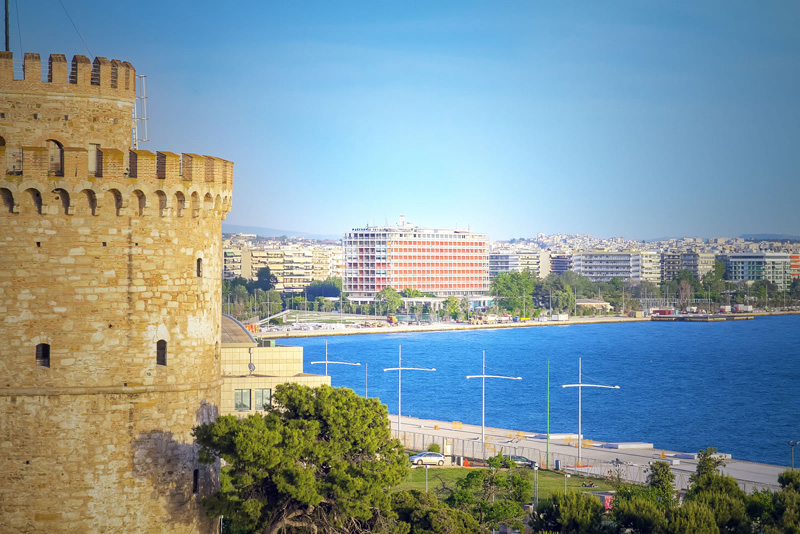


Climate
Day temperatures in September range from 15°C to 35°C, overall days are sunny and dry.
Workshop language
The official language of the Workshop is English.
Liability
The Workshop secretariat and organiser cannot assume liability for personal accidents, loss of or damage to private property of participants, either during, or directly arising from the Workshop. Participants should make their own arrangements with respect to health and travel insurance. Embryolab academy cannot be held accountable for cancellation of participation because of air strikes or serious adverse events.
Time zone
The time zone in Greece is Eastern Europe Time Zone : UTC/GMT +2 hours.
Visas
International participants to the Workshop may require visas in order to Greece. Participants are requested to check with their consulate or diplomatic mission in their home country or with their travel agency for visa requirements. It is the responsibility of the participant to obtain a visa, if required.
Letter of Invitation
Upon request, the Secretariat of the Workshop will send a personal invitation to participants. Please send us your arrival and departure dates as well as confirmation of your hotel reservation. This invitation is meant only to help visitors to raise travel funds or to obtain a visa, and is not a commitment on the part of the organizers to provide any financial support.
Travel to Thessaloniki
Direct flights are available to the Makedonia airport of Thessaloniki in Greece from Vienna, Rome, Frankfurt, Düsseldorf, Munich, Stuttgart, Belgrade, Bucharest, London and Moscow. Distance to the city center is 13 km. Taxis can be easily found outside the airport arrival hall. It will take about 20 minutes to arrive from the airport to the hotel. The price for a single taxi journey is 20-30 Euro. Embryolab Academy can pre book a taxi for you that will bring you to your hotel.
Workshop Secretariat
Embryolab Academy
173-175 Ethnikis Antistaseos, 551 34 Kalamaria, Thessaloniki, Greece
info@embryolab-academy.org
www.embryolab-academy.org
Accommodation
Registration fee does not include accommodation. Because September is still a busy season for Thessaloniki, we have pre-reserved several rooms at the City hotel, a 4 star hotel well located in the city center, near the sea side promenade (Komninon 11, Thessaloniki 546 24).
Rates between 30/08-04/09/14: Rooms for single use – city view – 75 € / room/ night.
Rates between 05-06/09/14: Rooms for single use – city view – 90 € / room/ night.
The above mentioned rates include all taxes and following services: American Breakfast Buffet, free WIFI Internet access, free Coffee station, free 2 bottles of mineral water in mini bar, free Steam bath & Gym use in Central Spa, 15% discount to all face & body treatments in Central Spa, and Apivita products. Clients have special discounted rates in nearby department stores and in private Parking near the hotel.
Booking your accommodation
Participants have to download the Reservation Form and use the code “Embryolab Academy Workshop” for their direct reservations with City Hotel****. They can make their bookings by sending the Form to the Reservations Department’s Communication to Irene Koukesis/ Eva Mavridou
Tel : +30 2310 021000
Fax : +30 2310 240715
Email : reservations@cityhotel.gr
Venue
The Hands-on Workshops will be held at Embryolab Academy, 173-175 Ethnikis Antistaseos, 551 34 Kalamaria, Thessaloniki, Greece
Transport to Embryolab Academy during your Workshop
Transport from the City Hotel to and from the Workshop Venue is included in the registration fee. Embryolab Academy will confirm morning time of departure at your hotel.
Sponsors
Embryolab Academy is grateful to the following sponsors :
